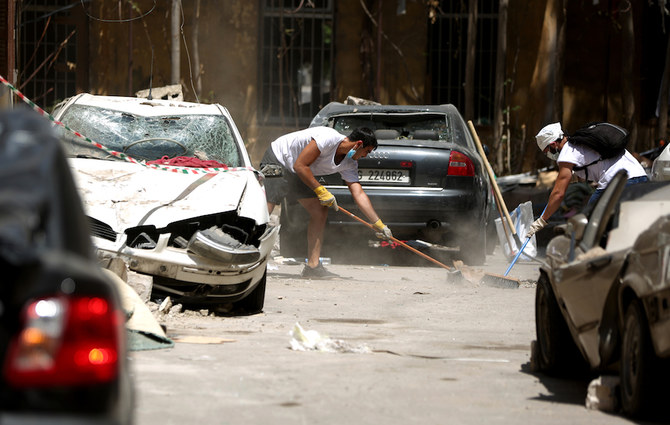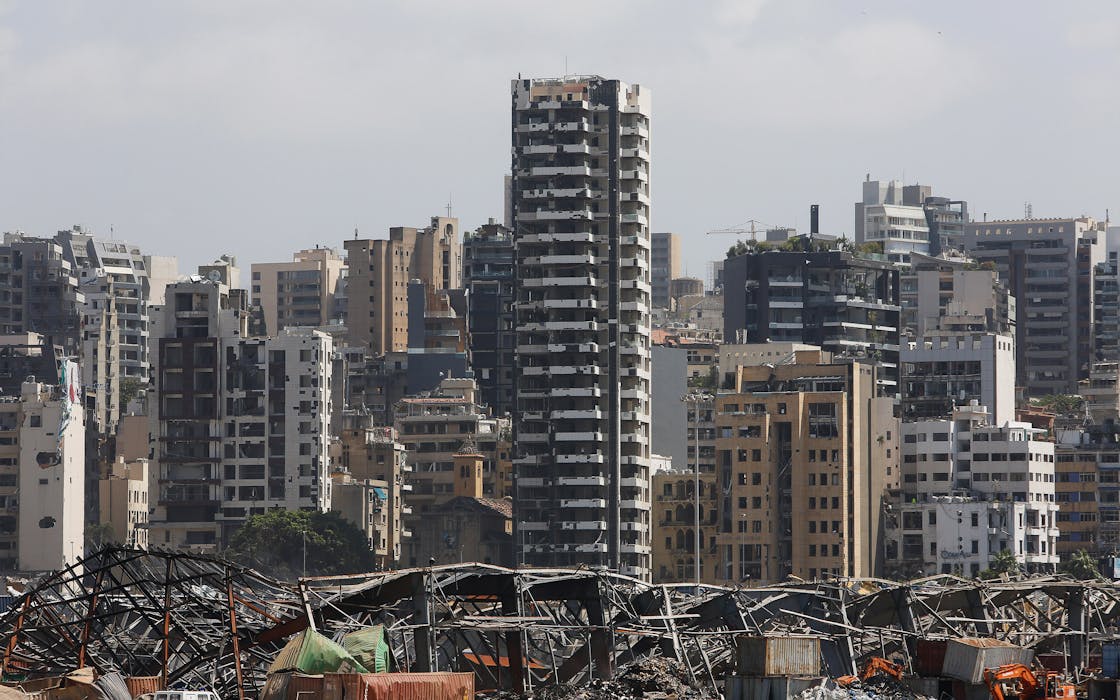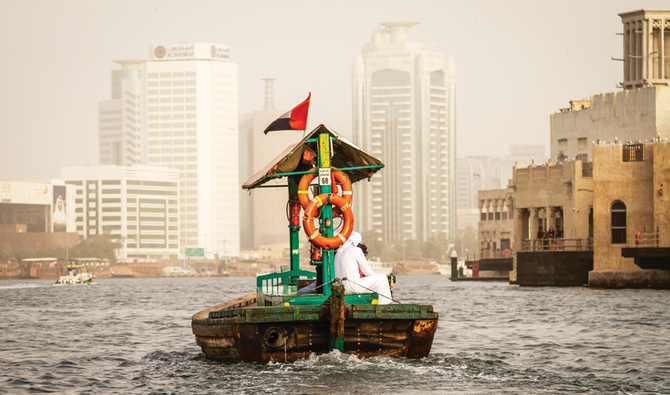
by Shafeeq Alingal — Shukran Qatar (Thanks Qatar) slogans have filled the streets of Beirut after Qatar pledged to help the blast hit Lebanon and aid began to be flown from Doha into the crisis-hit Middle East country. “After the 2006 war, Qatar stood as the main contributor to rebuild Lebanon. We remember Qatar’s generosity and the Shukran Qatar slogans marked our gratitude. The same slogan is now back on our streets,” Ziad Nassar, an activist of the Minteshreen Youth Movement, told Gulf Times. He expressed gratitude to Qatar, as well as businesses and entrepreneurs for donating a portion of their sales proceeds to help their Lebanese sisters and brothers. NGOs, youth movements and rights groups in Lebanon have hailed Qatar’s “instant, effective” aid for Lebanon, which has been reeling under shortages after the August 4 deadly explosion that hit the Beirut port, devastating surrounding areas. They said Qatar’s generosity was “not surprising at all and memorable”. They have urged Qatar to play a leading role in bringing an end to the long pending political chaos and help the youth put pressure on the government to work towards establishing a true democratic state where justice reigns.
The port explosions caused at least 172 deaths, 6,000 injuries, $10–15 billion in property damage, and left an estimated 300,000 people homeless. “Already hit by a political and economic crisis, the blast has aggravated the plight by causing a big humanitarian disaster. Qatar’s help has come as a big relief and at the right time,” he said. Since the October Revolution of 2019 in Lebanon, the 28-year old Qatar resident has been active in Beirut taking part in protests and relief activities. “No surprise to see Qatar in the forefront while it comes to helping Lebanon. Qatar has always been there to support Lebanon whether politically or financially when faced with hardships. Qatar has a penchant for extending relief to us. And this legacy remains intact,” he said, reminiscing several occasions where Qatar played a pivotal role in restoring peace and political stability in his country.










